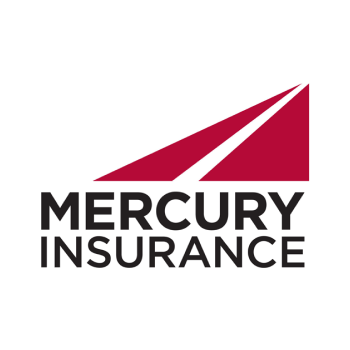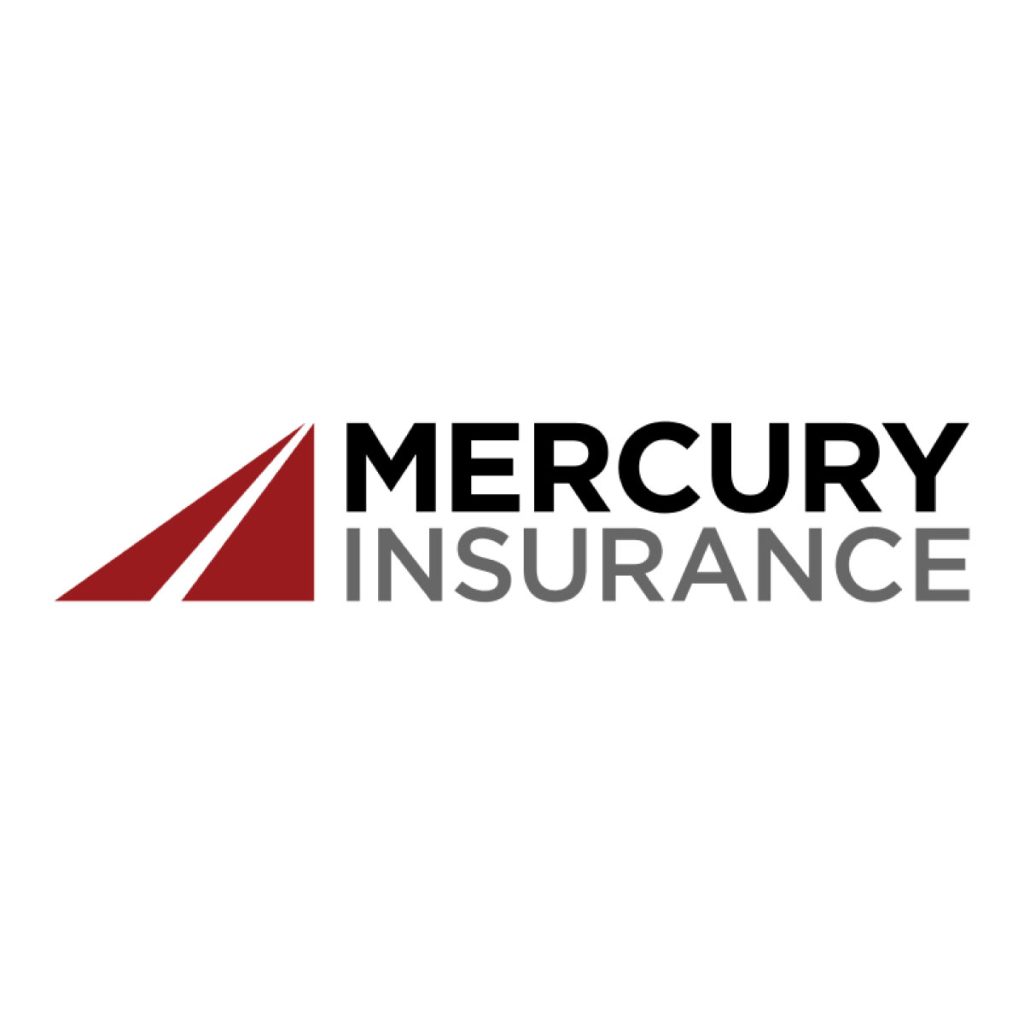One analyst challenges Mercury’s wildfire loss estimates
Mercury Insurance hosted its Q4 2024 earnings call on Feb. 12, highlighting a ‘record-breaking’ year. The insurer reported a fourth-quarter after-tax operating income of $154 million and a year-to-date after-tax operating income of $398 million, the highest in the company’s history.
Personal auto and homeowners insurance comprise 88% of Mercury Insurance’s company-wide earned premium. For the full year 2024, the personal auto business recorded a core underlying combined ratio of 92.1%, while the homeowners business posted a core underlying combined ratio of 76.1%. Additionally, the company expects 2025 investment income to remain near 2024 levels.
The carrier estimated its gross catastrophe losses from the January wildfires, before accounting for its share of FAIR Plan losses, at $1.6 billion to $2 billion, excluding reinstatement premium.
Mercury is evaluating whether to classify the Palisades and Eaton wildfires as separate events.
The insurer cited strong evidence that utility equipment caused the Eaton Fire, including video footage of power lines arcing and the fire igniting at a transmission tower. According to CFO Ted Stalick, since 2017, about 15 wildfires caused by utility equipment have led to insurance recoveries, including for Mercury. These recoveries have ranged from 55% to 70%, demonstrating a strong track record of utilities making substantial payouts.
Mercury is considering selling its subrogation rights, though this would result in a lower payout than full recovery.
To date, Mercury has received approximately 2,700 claims for both events. Of these, 650 homeowners policies are totaled, along with another 150 total losses across landlord, renters, condo, and commercial property policies.
Finally, there was a heated exchange between Mercury CEO Gabriel Tirador and analyst Dan David of Wolfpack Research .
Tirador accused David of being upset due to shorting Mercury’s stock. “I know you’re upset because you shorted our stock and it is what it is.”
David pushed for transparency, questioning whether Mercury was delaying full loss disclosures while collecting higher premiums. “I just want you guys to not drip it out here 3 months, 4 months later, as you’re collecting higher premiums. Let’s just have an honest conversation here. Really, I mean, let’s just have an honest conversation. How are you the best in class there? I mean you’re doing historical numbers, right? So you’re not boots on the ground. Did the fires just burn around your properties? I mean — and not Allstate, Travelers or Farmers?”
Tirador defended Mercury’s numbers, insisting they knew their total losses and denying any underestimation. “I don’t know what you’re talking about. Are you saying that we’re hiding the number of total losses? Is that what you’re saying?”
David questioned whether the Eaton Fire was included in Mercury’s $2 billion loss estimate, calling the omission “total bulls*.”** “No, look, if you’re not including the Eaton fire in your $2 billion number, then the whole thing is total bulls* right?”
Tirador ended the call. “Let’s end this call. Let’s end this call.”




